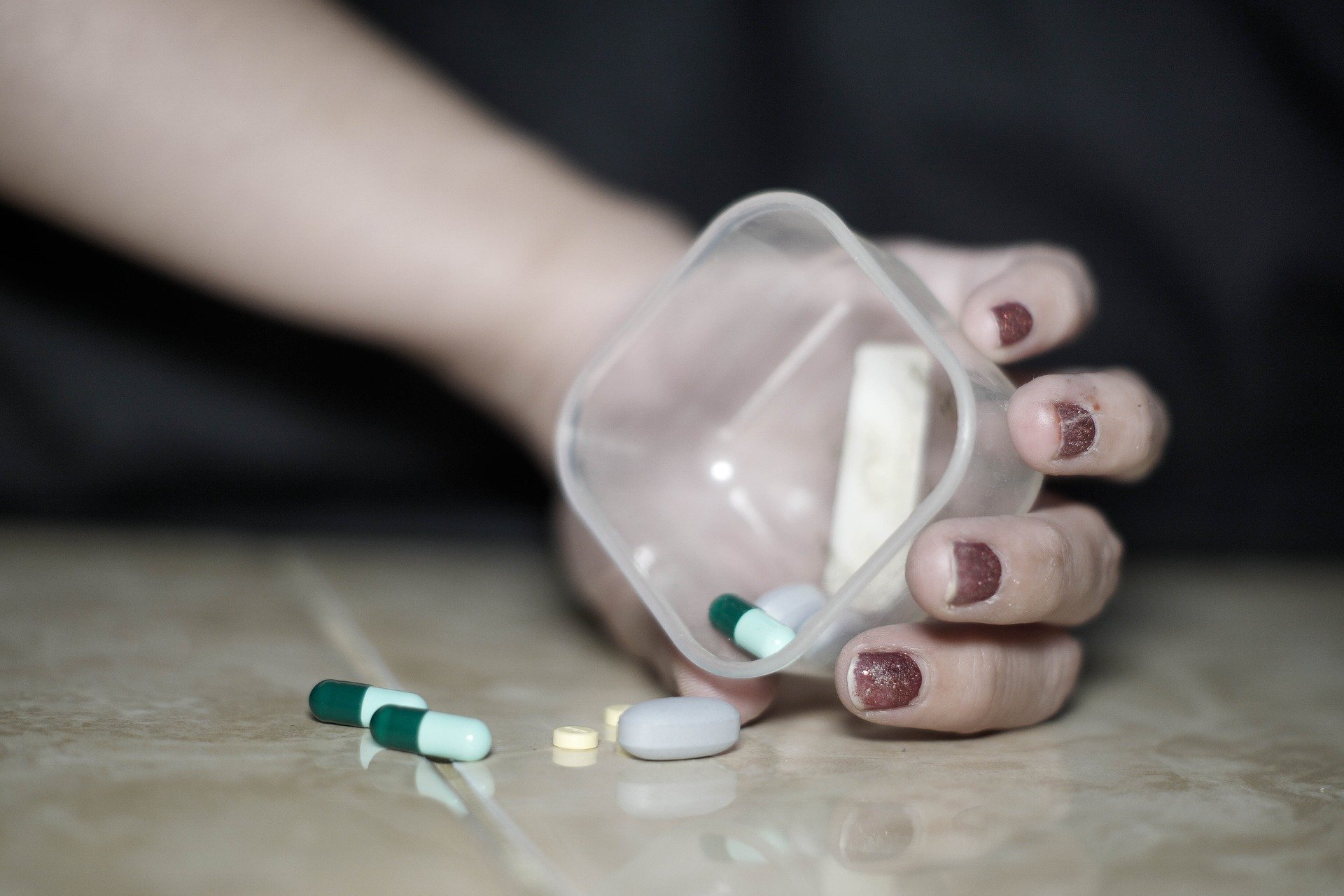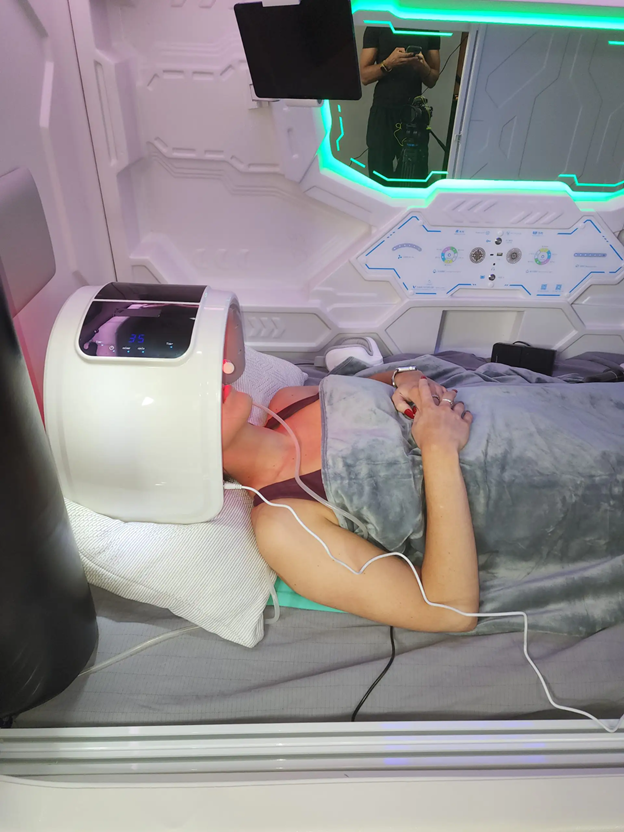
Ibogaine is a mind-altering drug that has some serious side effects. It makes hallucinogenic effects that are related to the use of psilocybin. This drug has effects that include anxiety after feeling different visions. This ibogaine treatment has been used for a few years as a solution to different drug addiction problems.
There has been more research on this Ibogaine drug. This ibogaine treatment can be used for addiction problems such as methamphetamine, cocaine, etc. These drugs are very addictive substances that can cause serious health issues.
Ibogaine is a plant that can be found in the African rainforest. This drug can easily use to adjust brain understanding and save one from experiencing extreme withdrawal symptoms. Scientists have been working on this drug. They have provided this drug to rehabilitation centers to use in serious drug addiction treatments. But Ibogaine does not entirely end the addiction; it makes it worse and disturbs the process.
Table of Contents
Working of Ibogaine
Ibogaine is a chronic disease because it makes the condition of a drug addict worse than before. It has long-term effects on the brain. When ibogaine is given to a person, the drug is changed into another compound called noribogaine. This compound targets different areas of the brain and harms them. It makes the brain reform again to the state where the initial addiction was generated.
Ibogaine hits your brain and prevents you from different cravings. This process is like detox and doesn’t end addiction. Many steps need to be taken after a person feels clean and no longer requires any drug.
Ibogaine Treatment
Ibogaine is a mind-altering material that can be found in a West African plant called iboga. In history, this material has been used for healing and other services in West Africa.
Nowadays, many rehabilitation centers use Ibogaine treatment for drug addiction, although this material has not been approved officially by FDA for any type of addiction therapy.
Ibogaine is used as an intoxicant in small doses for the addiction. If a person is given a large dose of ibogaine, it can put him/her in a serious mind-altering condition.
There are many cases in which Ibogaine has been used as a treatment for addiction. In large doses to a person can decrease removal from opiates and can make the drug addiction go. In many cases, ibogaine has short time effects, but safety is always a question. Humans have gotten into a worse conditions after using this drug; there have been many severe side effects. This drug has also killed people who had their ibogaine treatment going on.
Research
In a study, there has been an investigation that in drug treatments, ibogaine has caused problems. There is a measurement of frequency and total dosage of the drug at the beginning of ibogaine treatment. Following things were important for the treatment according to research:

- Family history
- Medical status
- Psychiatric status
- Employment status
Following were the results:
- 1/3 of the addicts had the worst condition in the first month.
- 60% of the addicts got critical in the first 2 months.
- 4 out of 30 addicts didn’t have any effect of the ibogaine treatment for more than a year.
After many experiments, researchers found out that ibogaine is not a proper cure for drug addiction. It is not helping and makes the condition worse. In Brazil, ibogaine treatment was found to be effective in treating drug addiction if there was proper psychotherapy alongside.
There was also a review in which researchers have noted that Ibogaine can help treat drug addiction, but this drug has to be studied more so it can be effective and safe.
There have been no continuing studies on ibogaine, and it needs more research to prove how to treat it properly.
Risks:
Ibogaine has some very serious risks for your body; it can also kill a person. There are some health-related problems which include:
- Heart problems
- Ataxia
- Seizures
- Gastrointestinal issue
Ibogaine treatment is a very risk treatment as there is no confirmation of its dosage and safety; this treatment can only be carried out if a medical professional allows it.







